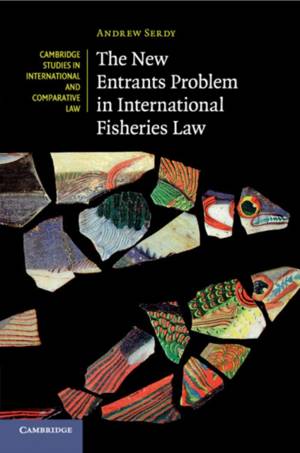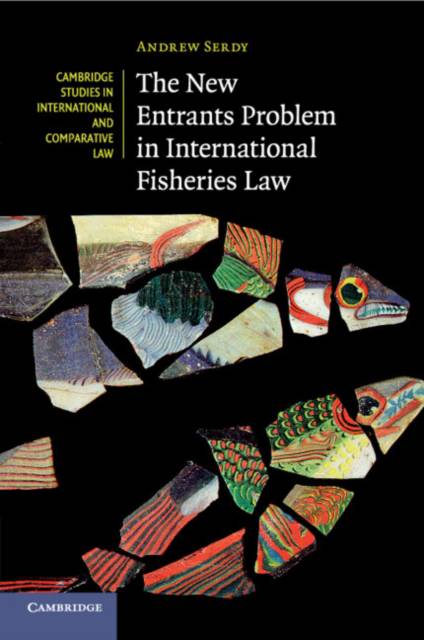
- Afhalen na 1 uur in een winkel met voorraad
- Gratis thuislevering in België vanaf € 30
- Ruim aanbod met 7 miljoen producten
- Afhalen na 1 uur in een winkel met voorraad
- Gratis thuislevering in België vanaf € 30
- Ruim aanbod met 7 miljoen producten
Zoeken
The New Entrants Problem in International Fisheries Law
Andrew Serdy
€ 79,45
+ 158 punten
Uitvoering
Omschrijving
Are international fisheries heading away from open access to a global commons towards a regime of property rights? The distributional implications of denying access to newcomers and re-entrants that used the resource in the past are fraught. Should the winners in this process compensate the losers and, if so, how? Regional fisheries management organisations, in whose gift participatory rights increasingly lie, are perceptibly shifting their attention to this approach, which has hitherto been little analysed; this book provides a review of the practice of these bodies and the States that are their members. The recently favoured response of governments, combating 'IUU' - illegal, unregulated and unreported - fishing, is shown to rest on a flawed concept, and the solution might lie less in law than in legal policy: compulsory dispute settlement to moderate their claims and an expansion of the possibilities of trading of quotas to make solving the global overcapacity issue easier.
Specificaties
Betrokkenen
- Auteur(s):
- Uitgeverij:
Inhoud
- Aantal bladzijden:
- 514
- Taal:
- Engels
- Reeks:
- Reeksnummer:
- nr. 111
Eigenschappen
- Productcode (EAN):
- 9781108735254
- Verschijningsdatum:
- 20/12/2018
- Uitvoering:
- Paperback
- Formaat:
- Trade paperback (VS)
- Afmetingen:
- 152 mm x 229 mm
- Gewicht:
- 680 g

Alleen bij Standaard Boekhandel
+ 158 punten op je klantenkaart van Standaard Boekhandel
Beoordelingen
We publiceren alleen reviews die voldoen aan de voorwaarden voor reviews. Bekijk onze voorwaarden voor reviews.











